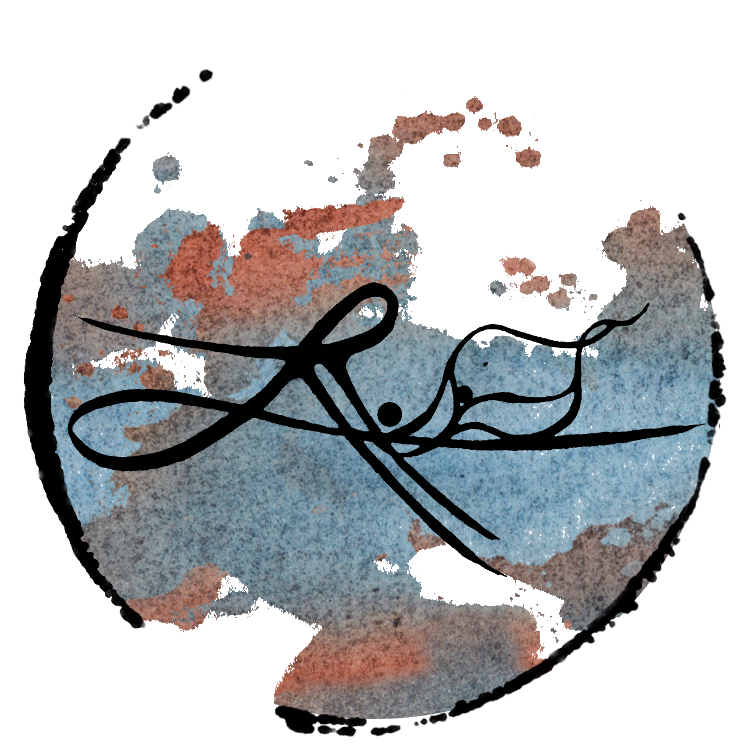Last week, Trump pulled the U.S. out of the Paris Climate Accord. This poem is not about that.
Tag: environmentalism
Burning Bush
This bush is on fire, and we have misplaced god.
Celebrating Earth Day: Phenology Bingo
Earth Day has long been a holy day for me, and I've marked it through personal and family rituals for years. But this year, I was especially blessed: I had the chance to help out with the Earth Day service offered by my UU church this past weekend. And it was nothing short of marvelous.
What’s Good for the Bird is Good for the Herd: Cooperation at Oregon’s Malheur Wildlife Refuge
One of the most insidious ideas that environmentalists and animists alike continue to struggle against is the belief that to be pro-environment is to be automatically anti-human. But social and environmental justice are not (and never have been) separate issues. The success of the Malheur Wildlife Refuge, and the resiliency of its community in the face of adversity, can provide us with a real-life example of how principles of cooperation, commitment and trust can help us nurture meaningful, healthy relationships in the more-than-human community.
Bless the Waters Thrice: Making Environmentally Sustainable Offerings
We Pagans have a love affair with the past that leads us to try to model the rituals and practices of ancient times as closely as possible. But we live in a different world today. Despite the ornate beauty of certain approaches to ritual, I wince at the wastefulness I see sometimes. Can this really be what the gods want from us? Are we so busy trying to do ritual “correctly” that we fail to do it well?
Wonder on the Wing: Lessons from the Owl Goddess on Climate Change
The Pagan gods are not exactly known for their forgiving natures. Yet as divine powers of regeneration and return, they offer a forgiveness all their own. Not the forgiveness of escape and abdication, nor the forgiveness of a benevolent Almighty on whose behalf we can act with unchallenged dominion. Rather, theirs is the forgiveness of restored responsibility, the response-ability that we possess as natural beings and citizens of the earth. After all, what do we seek when we seek forgiveness, but the chance to start again?
Totem Salmon: Hunting the River’s Ghost
Totem Salmon: Life Lessons from Another Species, by Freeman House, is a meandering journey through the natural history of the Mattole River watershed in northern California, with particular focus on humanity's changing relationship with one of its keystone inhabitants, the Pacific salmon. The structure of the book in many ways mirrors the homeward journey of the salmon itself, from the depths of a shared ocean of experience back towards the headwaters rising from the heart of a unique landscape. I picked up this book hoping to brush up on some of my fishy facts and local history, but what I discovered was a story with a great deal more to give. House is a beautiful storyteller as well as an experienced conservationist, and his work reflects not only the careful eye and practical mind of a hands-on community activist, but also the raw heart and brutal honesty of someone madly in love with the natural world.
Effective Communication for Tree-Hugging Dirt-Worshippers » No Unsacred Place
In my latest post over on No Unsacred Place, a recent xkcd comic inspires me to reflect on the ways that earth-loving environmentalists sometimes undermine their cause through a preoccupation with doom and gloom, and how modern Pagan spirituality gives us tools for finding better ways to share the love: "Environmentalists spend a lot of time telling everyone how close we are to destroying the planet, or at least disrupting the delicate balance that allows the human species to survive on it. But they spend almost as much time complaining about how it seems like all that their fellow environmentalists ever do is run around frantically preaching doom and gloom, trying to harass and frighten people into action. ..."
Disturbing the Bones of the Beloved Dead » No Unsacred Place
In my latest post over on No Unsacred Place, I share the heart-wrenching story of one of the lesser known consequences of mountaintop removal coal mining in the Appalachian mountains: the destruction of centuries-old family cemeteries that have been part of the landscape and the small communities of Appalachia for generations: "Many of the small communities scattered throughout Appalachia, where mountaintop-removal mining has done so much damage already, face the destruction of cemeteries that have been part of the wooded wilderness for centuries, left to become overgrown and sometimes forgotten as younger generations leave the area. These grave sites might not be officially registered or marked on any map, leaving them vulnerable to destruction from mining companies that buy up property and indiscriminately strip the landscape bare in an effort to reach the valuable coal deposits underneath. What minimal laws there are protecting cemeteries only apply to registered sites marked off by a fence and regularly maintained by a caretaker, and the historical value of family cemeteries can be difficult to prove, especially in cases where graves are unmarked or headstones have fallen into disrepair. ..."
Earth, Ecology and Environmentalism: Walking the Walk
There are more of us out there than you think. We may not always be flashing our Pagan flair — sometimes we're wearing worn old hiking books and mud-spattered rain coats instead of shimmering ceremonial robes, sometimes we put aside our pentacles and wands for a good pair of binoculars and a sturdy walking stick — but we're out there. Walking the walk. Doing the work.









